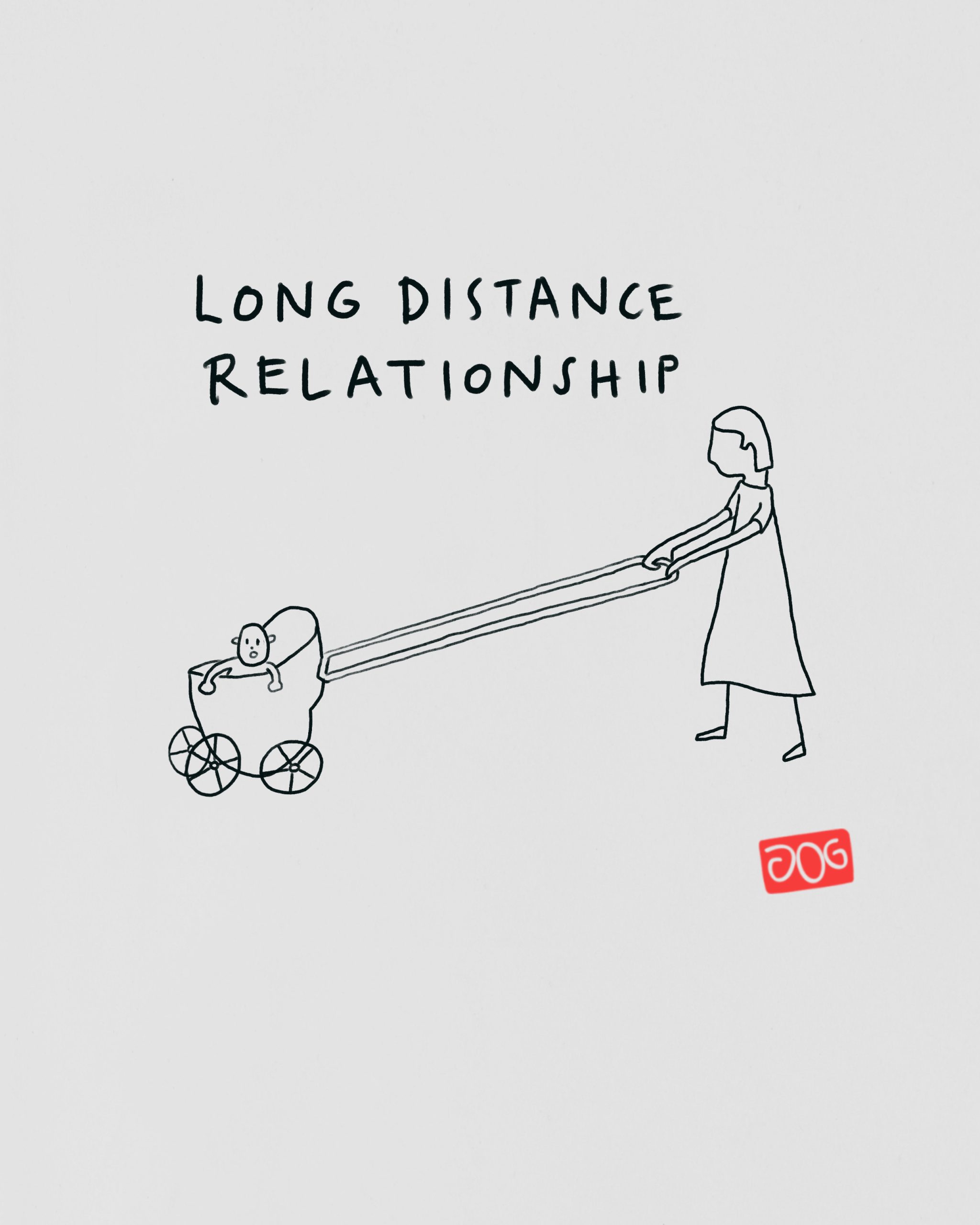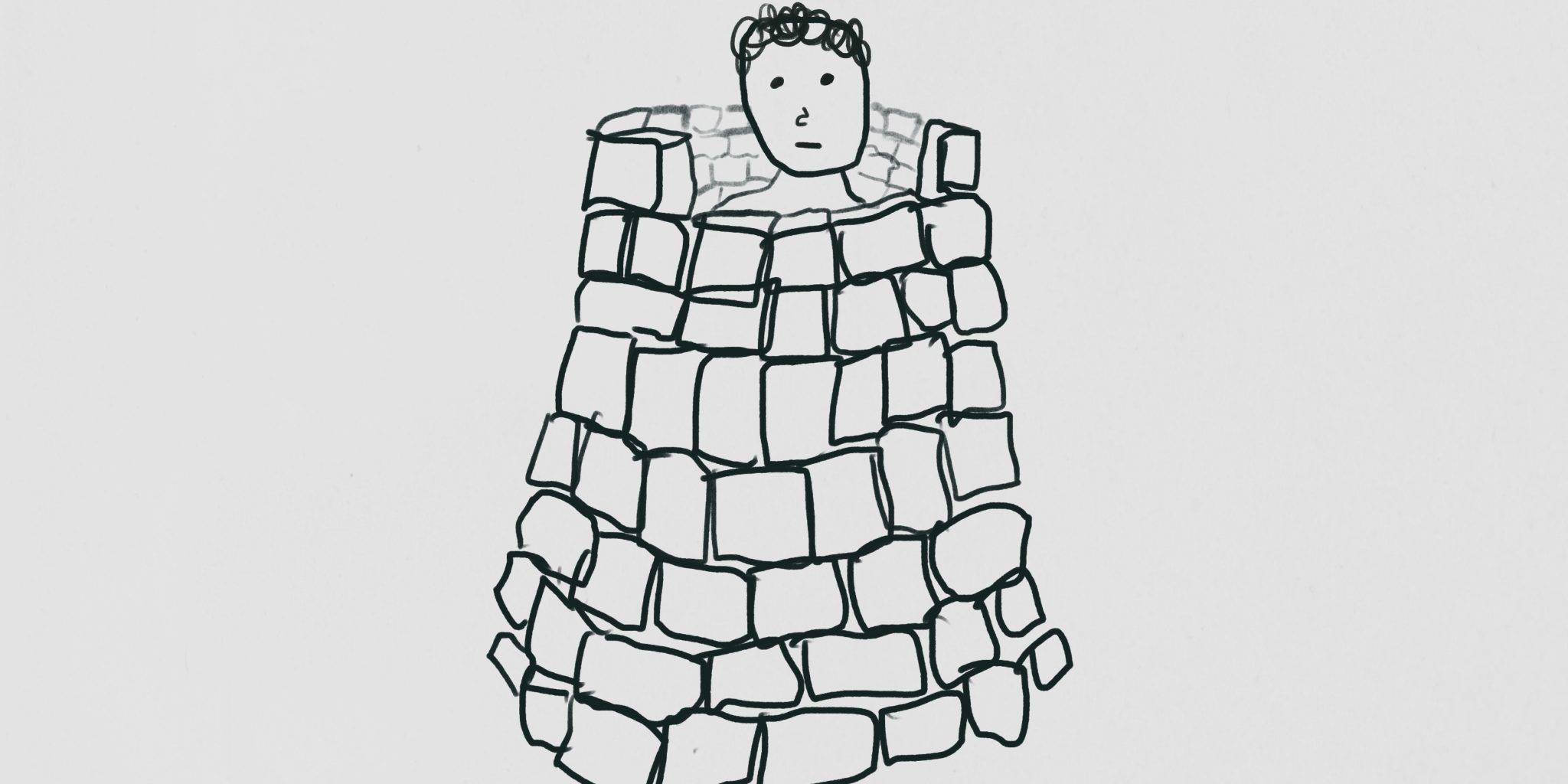Long-distance Relationship
This is an observation I made while traveling through China.
I was on a bus in the center of a town, waiting for it to fill up. It was early morning. Something around half past five. Outside my window, people were setting up makeshift market stalls on the ground, preparing to sell goods during the day. In the busy scene, there was a young woman who stood out, carrying her one-year-old son on her back. His arms were lifted up as though he was hanging from an invisible cross. He sat high on her back, allowing him to see everything she did and everything around. When our eyes met, he held my gaze, calmly and focused. He was unlike any Western child I had seen before. Being constantly close to his mother appeared to keep him content, even though she was busy with her tasks and didn’t pay him much attention.
This experience made me think about the differences in parenting practices between China and the West. In China, it was common to see parents keeping their babies close to them, always maintaining physical contact. I’m not sure if it’s still the same now. These experiences happened long before the Olympic Games in China, and things have probably changed since China embraced capitalism.
Back then, taking the bus was so affordable, making it accessible to everyone, and in China it was the second cheapest mode of transportation after bicycles. I remember a moment on an overcrowded bus where a young couple with a baby in a sling got on board. And even though the bus was packed, neither the parents nor the other passengers seemed worried about the baby’s safety.
Modern life, safety concerns, and convenience create a barrier, keeping babies from the warmth and closeness of human touch.
In Western countries, we often use prams and other devices to carry babies, which means less physical contact between parent and child. It’s like modern life, safety concerns, and convenience create a barrier, keeping babies from the warmth and closeness of human touch.
It’s strange how certain parenting practices have become widely accepted without much questioning. I wonder why forming a strong, secure bond through continuous physical touch in the first two to three years isn’t seen as THE fundamental rule for a child’s development.
It feels like something that should just come naturally. Physical touch and nurturing care is something humans have done for ages to keep their babies safe and healthy.
However, with changes in society and culture, we have lost touch with this instinctive practice. Therefore, I would like to inspire parents and communities alike to acknowledge its significance and hold space for it to be reintegrated into parenting. Doing so could lead to healthier family dynamics, reduced mental health issues, and better overall outcomes for everyone involved.
Yours,
ljs
You may also like
WE ARE VIBRATION
Most of the time, I experience myself…
The walls you build to protect yourself
Become aware: Your 'protective walls'…
Ego battling the ghost of insignificance
A common, deep-seated struggle many of…






